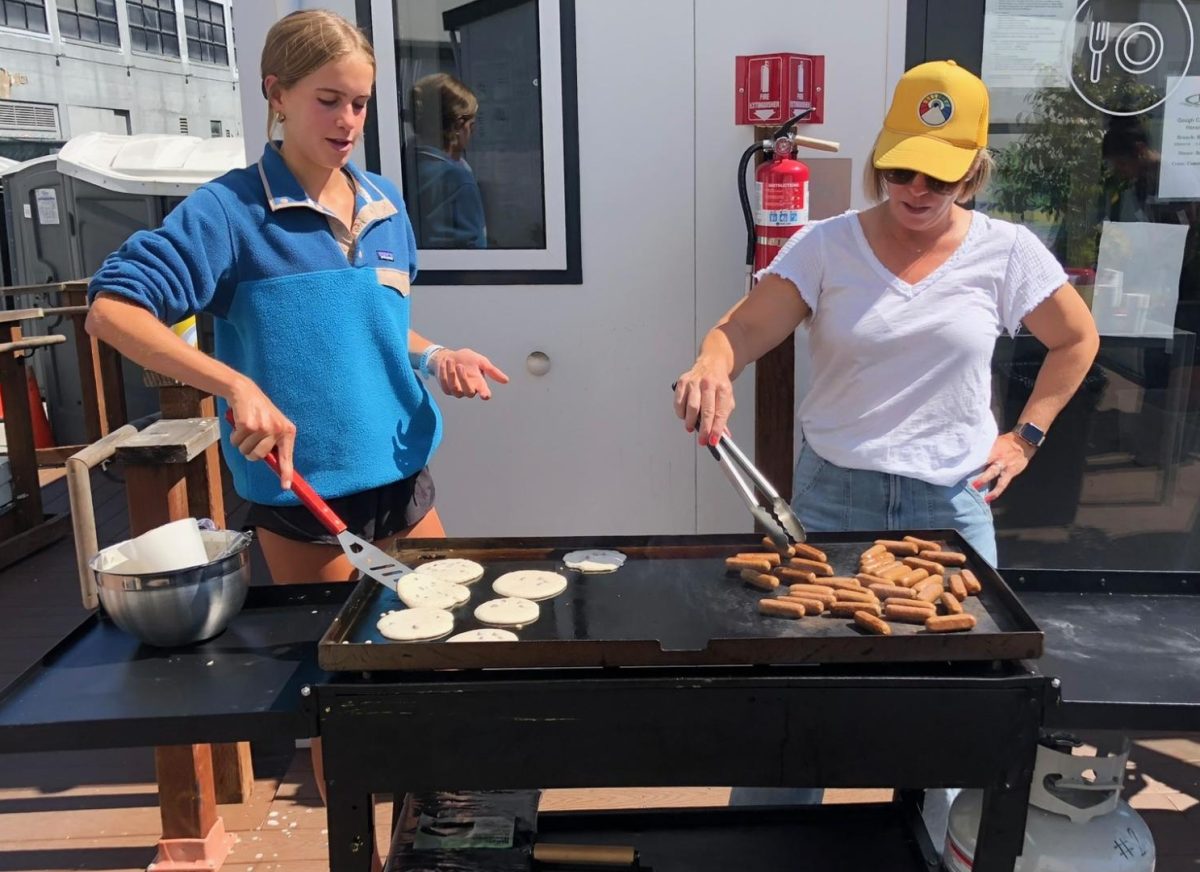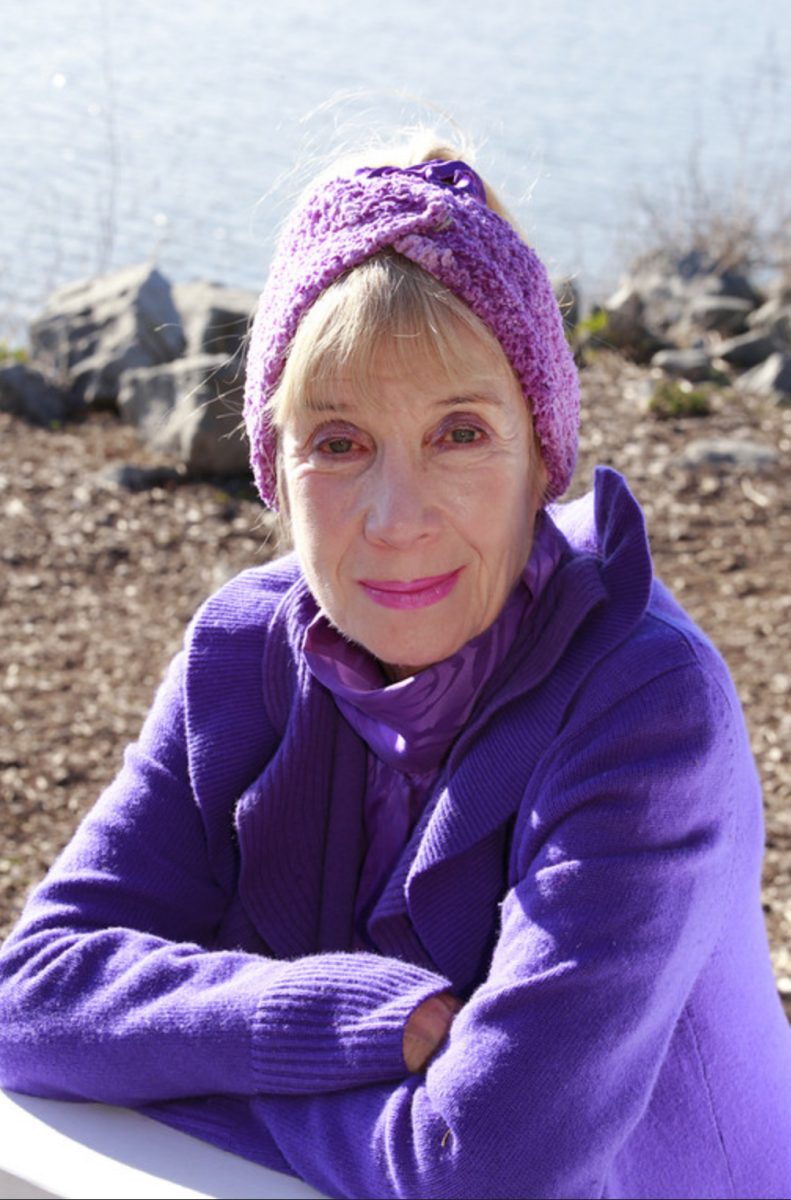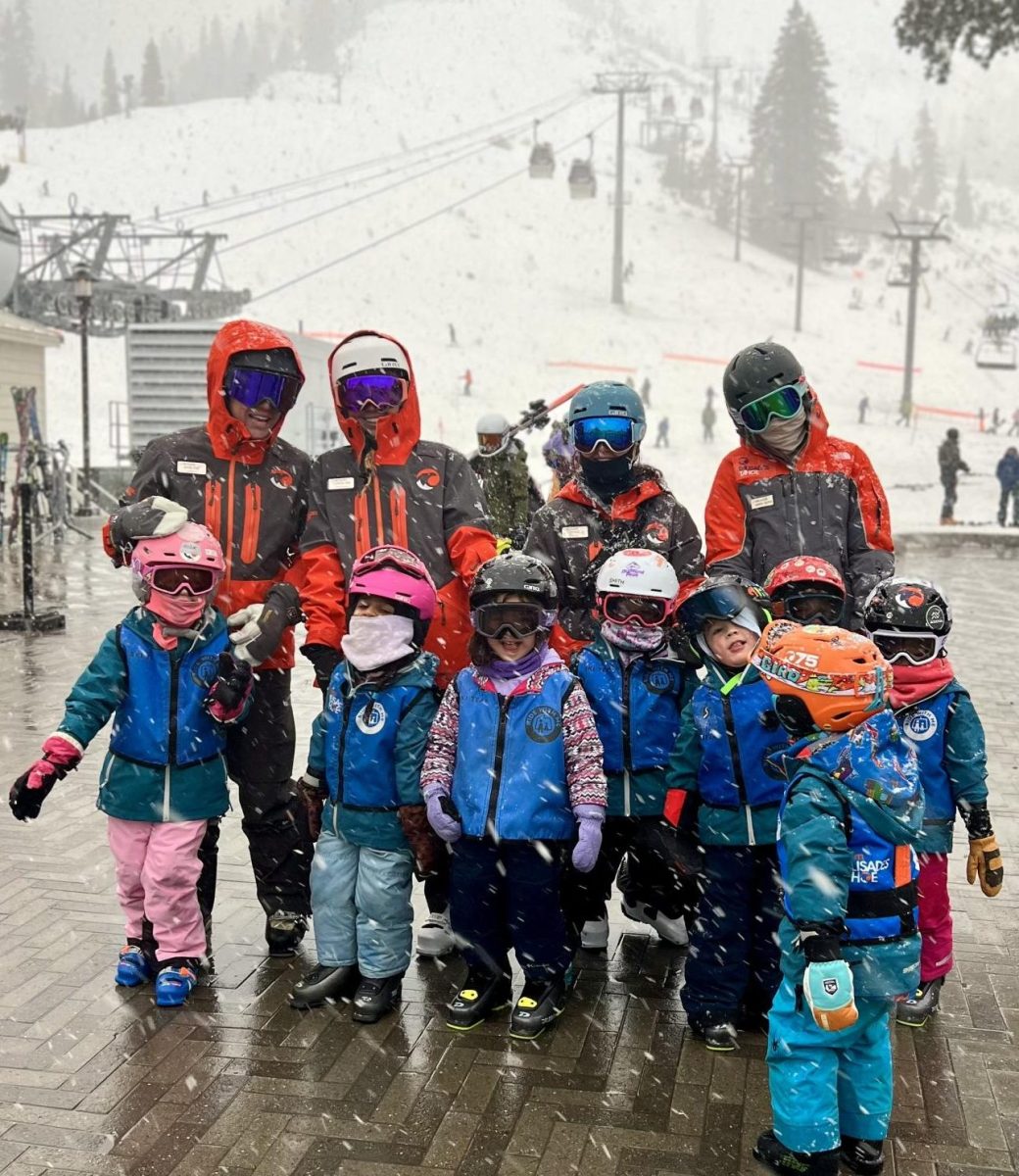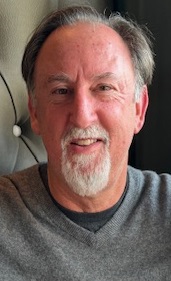“I got my [General Education Degree] (GED) in prison,” said former student John Wallace. “[Up until then] I was a walking lie, I was hiding under all my lies because my lies protected me.”
Many high school students in Marin follow a similar path, as the academic environment fosters competition. According to the 2021-2022 U.S. News And World Report, Redwood High School’s graduation rate was 99 percent, however the other one percent is often overlooked. Thirty years ago, John walked the Redwood halls, yet his path differed tremendously from those of his peers. John attended Redwood during his junior year, until his grades began to drop, and then headed to Marin’s County Community School, a public school that offers students an alternative program to reinforce educational development. While in high school, John had a hard time keeping afloat and got into trouble.
“My grades started taking a hit and I started getting involved with drugs and hanging out with the wrong crowd. Then all of a sudden, it took me down,” John said, “Shortly after I left Redwood, my father passed away and my mom was severely beaten by a cop and is still paralyzed to this day. It gave me a calloused heart towards the system and towards a lot of people in the community.”
John had been sent to Marin County Jail 19 times for disorderly conduct before going to San Quentin State Prison in 1995, where he was incarcerated for eight years. While in prison, he discovered his love for making music.
“[San Quentin] was a dangerous reality to walk into,” John said. “While I was [in San Quentin State Prison], I wrote over 75 songs. I didn’t know that I was a musician at the time, but while I was in there, I didn’t want to feel alone anymore [and music helped me with that].”

Passing his GED while in prison was only the beginning of a long journey to get to where he is today. John expresses his change and growth since being in prison.
“When I got out, I got into recovery and found freedom. I figured I can do anything I want to with my life. That’s why my artist name is Freedom…my music was inspired by the pain that I went through and being told I wouldn’t amount to anything,” John said.
He has released nine albums and founded a non-profit organization, Surviving The Odds Project (STOP), which provides at-risk teens in Marin with the opportunity to express themselves through music. After going through this eight-week program, kids will put together a compilation album of their music, make music videos and perform at a graduation ceremony.
“[The purpose of STOP is to] teach [students] the basics of music, how to shoot a music video and how to heal through writing lyrics based on their life experience,” John said.
When first entering the program, John notes that many of the teens are reserved or defeated, but over time he is able to help them open up by providing a safe platform to express themselves. Cheyyanne Watts, a “success story” according to John, thrived in the STOP program in 2018.
“STOP was safe, [it] was playful, emotional [and] productive…[John] definitely makes you feel like you can unfold like origami paper and be okay,” Watts said.
As students progress through the program, they gain confidence in both themselves and their musical abilities. Watts described herself as more carefree

and content after being part of the program, regardless of the hardships she had to overcome.
“One thing I’ve learned [during the program] is that I’m not as shy as I thought… I learned that it’s okay to let my guard down and let myself be free,” Watts said.
Melissa Wallace, the Co-Founder of STOP and John’s wife, loves being able to watch students learn and grow. She met John when they were teens and they reconnected as he was getting off parole. John is the face of the organization, while she works on planning, budgeting and promoting.
“[I watch students] go from the beginning, where they know one other person in the group and [are] kind of shy, [to] the end, [where] they stay late and want to hang out…It really creates [a] peer support network.” Melissa said.
Melissa also believes that working with kids has helped John heal. He has been able to live out his dreams of creating a space where the teens can develop and become more comfortable in their own skin. As John recalls his past, he remembers what he told the judge when getting his prison sentence.

“You know what?” John said he told the judge. “I’m gonna do something that is unthinkable. I’m going to become a founder of a nonprofit. I’ve been through some heavy things in life. I’m going to transfer those qualities to these kids who are going down the same path.”
“That’s exactly what happened…[Now] it’s turned into something that is bigger than me,” John said.








